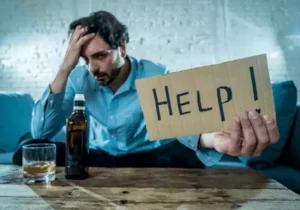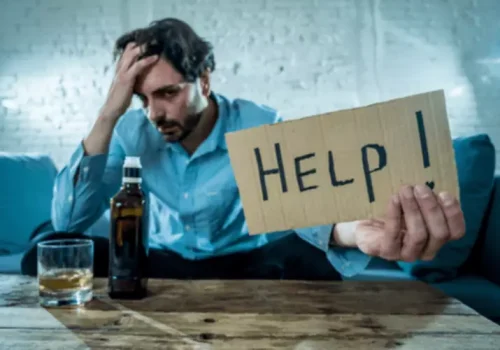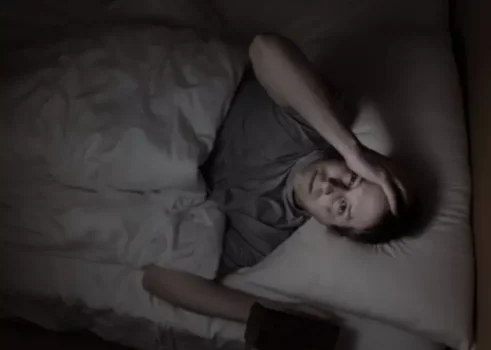- شما هیچ آیتمی در سبد خرید خود ندارید
- قیمت کل: 0 تومان


I am not going to stop working in this field (until I am burnt out and need to leave in order to continue taking care of myself). As parents, we are not instructed on how to be perfect. Your mother and I did our best with you and your sister. Although we know we made mistakes, we always try to be positive role models. Like most parents, I always worried about how your life would turn out, and I wondered if I did a good job of preparing you for the world. After the game, you ran up to me, hugged me, and said, “We won, Dad!


The Importance of Professional Guidance in Crafting Intervention Letters
- The intervention letter allows you and each family member to address your loved one in a way you never have.
- Remind the person of their value and the positive qualities they possess.
- Families can use outside sources, such as lab tests and employment results, to bolster their claims as needed.
I know I said that I never want to talk to you again. But when your family told me that you’ve gone to rehab, I got so excited because I knew that our friendship still had a chance. I know that there are times that you may feel powerless. Maybe there are days when you wonder why you’re’ going through with treatment.
Offer Support & Love


Finding the right words, particularly when conveying heartfelt emotions to someone’s face, can get very hard, very quickly, leading to a troubled intervention without the proper preparation. As such, an impact letter, or a letter summarizing the effects of addiction on both you and your larger social circle, is highly recommended. Below letter to a drug addict friend you’ll find more information about an impact letter, tips for how to write one, and, as further inspiration, a sample letter. You cannot force someone to get sober, nor can you act as a treatment center on your own. You need help, and that’s where Dove Recovery comes in. At Dove Recovery, we want to be the last phone call you have to make.
Hopefully they will make you laugh.
When helping someone get sober from alcohol, try to keep the focus on the future instead of the past. Therapy is a great tool to help someone with substance use disorder unpack their shame in a healthy way. Substance use disorder affects not only the person who has it but everyone who loves them. When helping someone get sober it can be tempting to remind your loved one of all the suffering their substance abuse caused them (and you).
Why Share Your Concerns About Addiction


Whatever your purpose, make sure it’s clear from the beginning. When my father died, I felt terrible pain and remorse. I wanted to pick up the phone and call him, but I knew I couldn’t. I wanted to one last time, for old times’ sake, but I couldn’t.
Could I have listened to you more and done something about it? ” No matter how we got here, we can return to a different place. Although I can’t change the past, I believe we can change the future if we are healthy. The intervention participants will acknowledge their need for help while asking their loved ones to join them on a path to recovery. One last thing to note about this section of the letter is that people with substance use and mental disorders can be in denial about the scope of their problems.
- The process can be emotionally taxing, as it often involves expressing painful truths and confronting the harsh realities of addiction.
- Below you’ll find more information about an impact letter, tips for how to write one, and, as further inspiration, a sample letter.
- When a family attempts to intervene without a professional, they say they can therapize themselves and address the struggles that have led them to this point.
- Banyan Treatment Centers accepts most major insurance plans.


Besides talking about how you support them or how they may have hurt you, you should mention what needs to come next. Offer the solution of rehab or tell them what consequences may occur if they do not agree to get help. Many people unknowingly enable their addicted loved one, but an intervention letter is a good time to set new boundaries and let them know that there are consequences for their actions.
- It breaks my heart to imagine you suffering alone, without the help and support that is available to you.
- As you grew older, I was amazed to watch you become the person you wanted to be, and I enjoyed listening to you talk about the things you wanted to be and do when you grew up.
- I know that all of you who are reading this letter wound up in one of these positions, are in one of these positions now, or are heading to one of these places.
Who Should Write an Impact Letter?
An effective impact letter should illustrate empathy, clear communication, and support while addressing the specific consequences and potential for positive change. A letter that you never show your addicted loved one can be written however you want and doesn’t need to follow any specific guidelines. On the other hand, if you want to send an impact letter to an addict with the intention of getting them into drug detox and treatment, you need to be more strategic. I know the shame you feel for who you still are when you wake up every day. I know the hurt you harbor both from things you’ve done and things done to you.
Writing a letter to someone in rehab
- Depending on where the intended patient is in the stages of change, there are different ways to communicate with them.
- Your journey has opened my eyes to the complexities of addiction and the strength it takes to confront it.
- Whether they say it or not, they think that the people there, for the most part, have had a hand in making them feel the way they feel.
You can support someone getting sober without getting dragged down if you set healthy boundaries. Setting healthy boundaries looks different for everyone, but it always involves offering love and support while letting your loved one deal with the repercussions of their actions. Setting healthy boundaries is tough, especially when you love someone suffering from substance use disorder. Sometimes it can feel like you are running from crisis to crisis. Like the second part of the emotional appeal letter, we do things differently than other interventionists.
